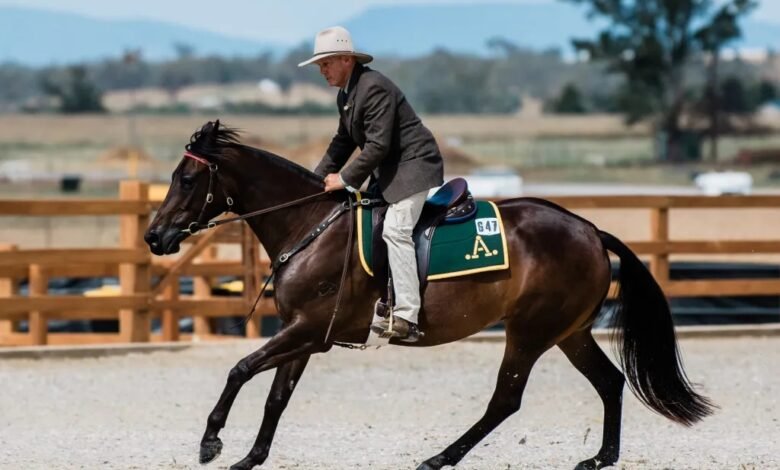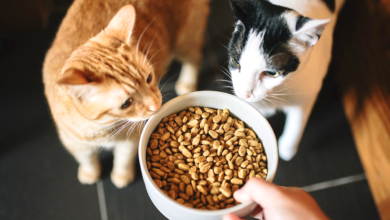
Australian Stock Horses
The Australian Stock Horse, once called a Waler, is a riding horse. But throughout history, this horse has been used mainly for work rather than riding. It’s suitable for both purposes and is quite a common breed.
Physical Characteristics
The ideal Australian Stock horse has an alert head, sloped shoulders, well-defined withers, and a deep chest. Standing between 14.2 and 16 hands high (56-64 inches & 142-162 centimetres), the Australian Stock Horse has powerful quarters and straight legs. Additionally, all colours are accepted in the Australian Stock Horse.
Personality and Temperament
The Australian Stock Horse is a docile creature and very reliable, making it especially suitable for work in rough terrain and sports activities such as jumping.
Read More: How to Take Care of Horses
History and Background
During the First World War, there wasn’t much difference between the Australian Stock Horse and the more popular “Waler.” They were considered the same until 1971 when the Australian Stock Horse Society was founded and made an official breed.
The Australian Stock Horses was made or raised in Australia, as its name suggests. The first horses of this breed came to Australia with the First Fleet in 1788. The first horses in the breed were Thoroughbreds and Spanish horses. Later, bloodlines from Timors, Welsh Ponies, and Arabs were added. It was known for being a hard worker and was mainly used on farms and other industries. But as farming became more mechanised, this horse breed became less critical, and people lost interest in them.
In the 1960s, when the Australian Stock Horses became famous for riding for fun, the breed was brought back to life, and a registry was set up for it. The Australian Stock Horse wins most jumping competitions and is famous for riding and sports.
Health and Care
The Australian Stock Horse doesn’t seem to have many health problems that are unique to its breed. Because it is used as a sport horse daily, it needs to eat well, work out, and get regular care. Because they are active, your vet may tell you to take care of their joints and give them supplements to delay the onset of arthritis.
Read More: Rabies in Horses








2 Comments